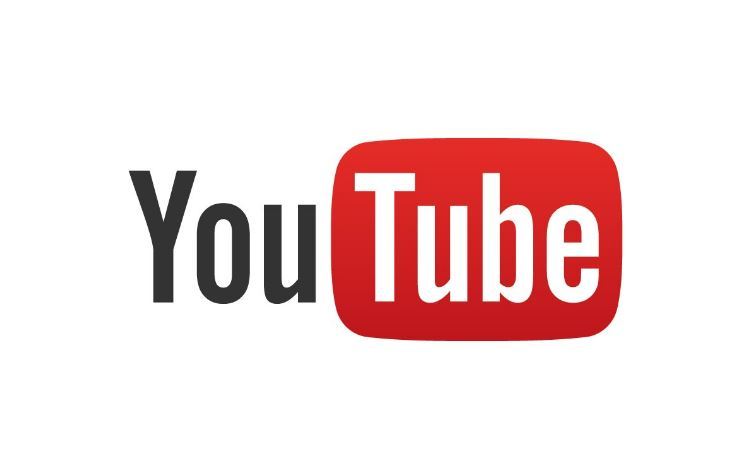The South Korean government has started its review of measures to levy a tax on global online video platform YouTube, according to related authorities Thursday.
The Ministry of Science and ICT recently requested Korea Legislation Research Institute to recommend the so-called “You Tube taxation” that will impose new levies on over-the-top media services.
The institution will look into global trends of taxing such digital content providers, including a similar case in France.
The ministry is reportedly considering revising the current financial contribution system for the state-run broadcasting and communications development fund as part of its proposed measure to tax OTT businesses.
 |
(YouTube) |
Under the current system, terrestrial broadcasters and cable channels offering general programming contents are required to pay 2 to 4 percent of their advertisement sales every year for the purpose of promoting the development of the nation’s broadcasting and communications industry.
As OTT services such YouTube and Netflix change the way of consuming broadcasting content, there have been demands that the OTT businesses should pay for the fund.
France started to levy a 2 percent tax on revenues of OTT firms like YouTube and Netflix in 2017. The money is used for a fund that supports video creators at the national center for cinema.
In Korea, it is estimated that YouTube annually raises about hundreds of billions of won in advertising sales every year. The company earned 116.9 billion won from advertising in the first six months of last year, according to industry estimates.
The taxation on YouTube may also lead to a new round of discussions on introduction of the so-called “Google tax” in Korea.
Google has been named as the target of tax authorities in many countries as the internet giant is reportedly avoiding taxes by intentionally reporting sales from a particular country to its headquarters that are located in a country with a lower corporate tax rate.
If introduced, the Google tax will cover global IT moguls like Facebook, Apple and Amazon.
“The YouTube tax could be the starting point of introducing a Google tax in the future,” said a government official.
However, the official said Korea is still passive in levying such taxes on global tech giants.
“The government will see how the OECD (Organization for Economic Cooperation and Development) handles the matter,” he said.
The OECD is set to release a final report on legitimacy of the Google tax in 2020.
By Song Su-hyun (
song@heraldcorp.com)





![[Herald Interview] 'Trump will use tariffs as first line of defense for American manufacturing'](http://res.heraldm.com/phpwas/restmb_idxmake.php?idx=644&simg=/content/image/2024/11/26/20241126050017_0.jpg)

![[Exclusive] Hyundai Mobis eyes closer ties with BYD](http://res.heraldm.com/phpwas/restmb_idxmake.php?idx=644&simg=/content/image/2024/11/25/20241125050044_0.jpg)
![[Herald Review] 'Gangnam B-Side' combines social realism with masterful suspense, performance](http://res.heraldm.com/phpwas/restmb_idxmake.php?idx=644&simg=/content/image/2024/11/25/20241125050072_0.jpg)